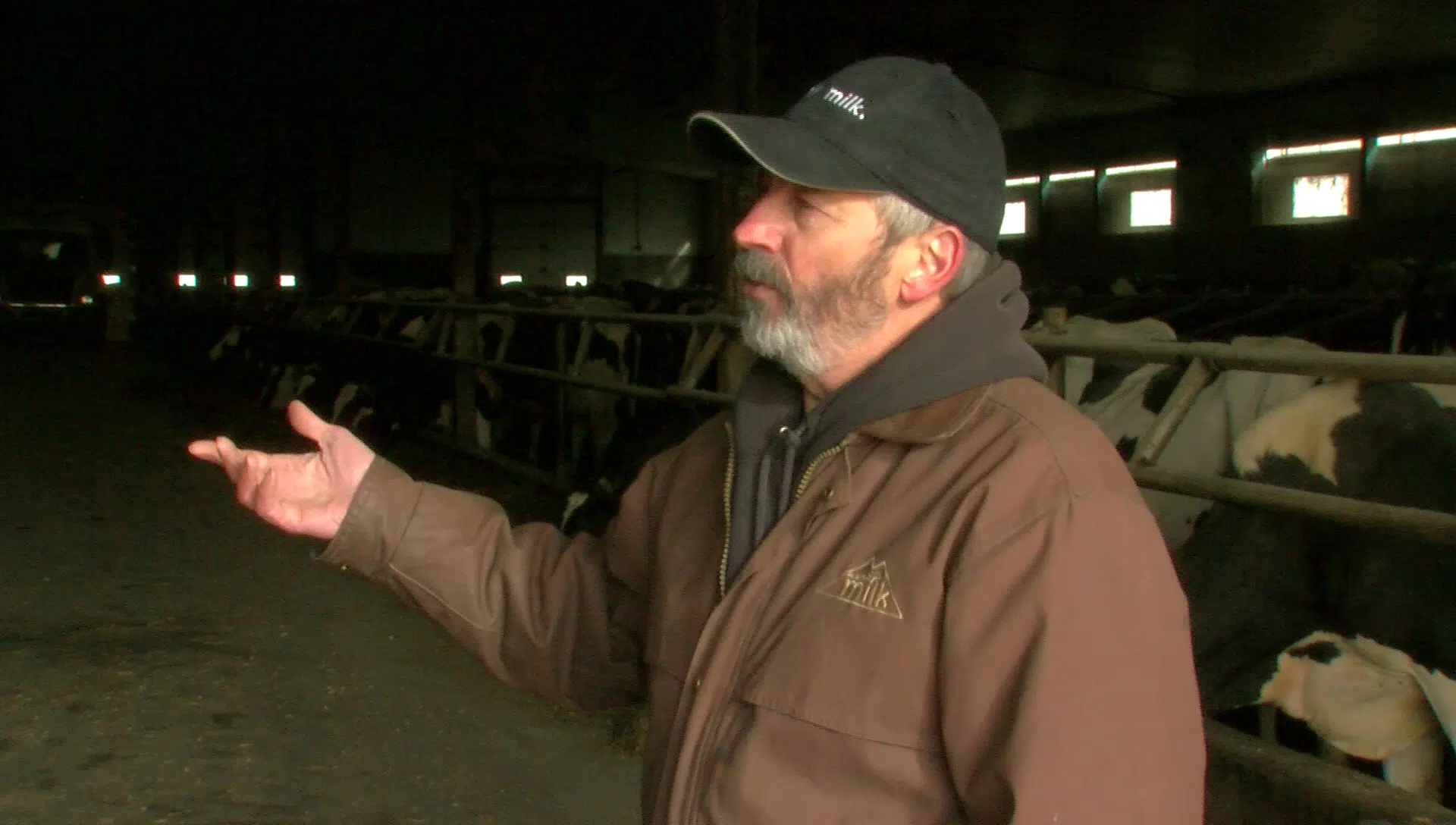
Dairy farm concerned with changes to Canada food guide
CYPRESS COUNTY, AB – Canada’s brand new food guide is continuing to generate discussion across the country, in what’s the first major overhaul of the document in over a decade.
Hatview Dairy Farm southwest of Medicine Hat continues to run at full steam, even as the new food guide is backing away from milk and dairy products.
Something that co-owner Gerald Weiss said isn’t unexpected, but is a bit of a let down.
